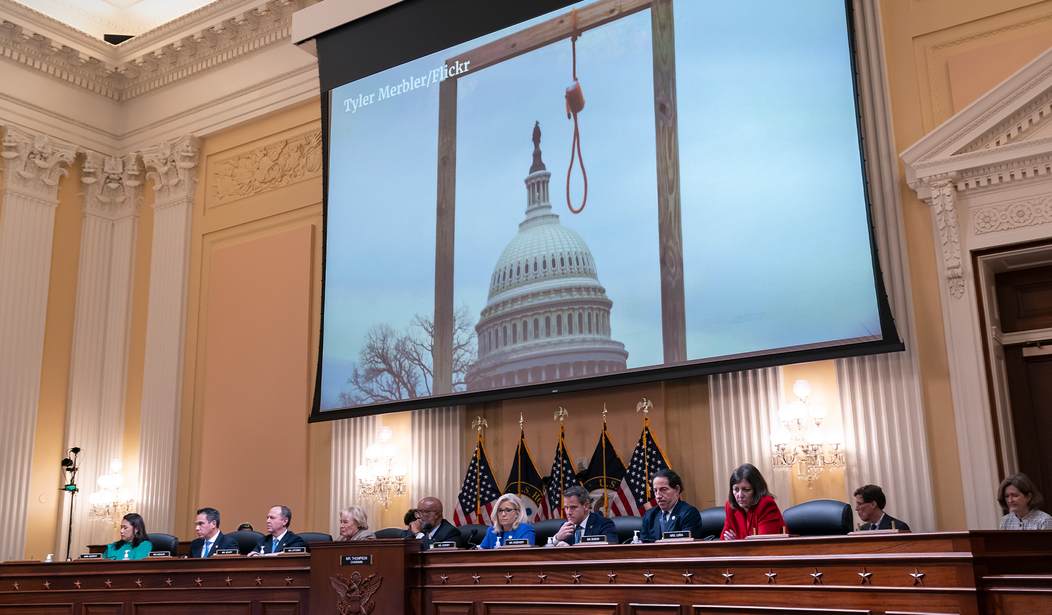The effort to remove former President Donald Trump from the ballot using the 14th Amendment took a fatal blow when the Supreme Court ruled against Colorado’s decision to disqualify him. However, it appears that Democrats seeking to leverage the amendment’s “insurrection clause” against their political opposition can still use it against those running at the state level.
The Supreme Court declined to take up the case of Couy Griffin, former Otero County, New Mexico Commissioner and the founder of Cowboys for Trump. He was barred from holding public office again after he was convicted of trespassing on U.S. Capitol grounds.
The court’s decision regarding hearing Griffin’s case was made on Monday.
The justices on Monday denied Couy Griffin’s petition to consider his effort to overturn the rulings of courts in New Mexico that deemed him ineligible from holding office there ever again.
Griffin, who was convicted in 2022 of misdemeanor offenses related to his role in the breach of Capitol grounds, was a member of the Otero County board of commissioners until courts ordered him removed later that year. The former Cowboys for Trump founder was an early and vocal advocate of discredited theories about election fraud.
It’s the Supreme Court’s first action related to the “insurrection clause” since it overturned the Colorado state Supreme Court’s decision to bar Donald Trump from the ballot. In their decision, the justices ruled that states should not have unilateral power to disqualify candidates for federal office — but that state offices are another matter.
“We conclude that States may disqualify persons holding or attempting to hold state office,” the justices wrote.
Griffin’s disqualification was noteworthy because it was the first such action taken under section three of the 14th Amendment, which prohibits people from holding public office if they were involved in a rebellion against the government. The clause was originally intended to be applied to former members of the Confederacy after the conclusion of the Civil War.
After Trump announced he was running for another term in the White House, Democrats and anti-Trump Republicans, along with various media figures began floating the idea of barring him from the ballot using the provision. They filed lawsuits in various states hoping to remove him from the ballot. In Colorado and Maine, the lawsuits succeeded. However, the hope of using the 14th Amendment in this fashion was destroyed when the Supreme Court unanimously ruled against Colorado’s decision.
Griffin was convicted in 2022 and was sentenced to 14 days in jail, a $3,000 fine, 60 hours of community service, and one year of supervised release. He received credit for time served because he had been in jail for 20 days before the sentencing. The former commissioner was not convicted of any violent activity. Rather, he was prosecuted for being present on the Capitol grounds on Jan. 6, 2021.
Griffin’s case was viewed as an early test of the 14th Amendment strategy Democrats sought to use against Trump. However, as stated previously, the Supreme Court’s decision left open the possibility of using the clause against candidates running at the state level.
“This whole thing started on a small scale, with them coming after me, with the specific goal of bringing it up to the big stage with Donald Trump,” Griffin told CNN. “I was the test case.”
While the door for using the clause against Trump has been slammed shut, the court’s actions in Griffin’s case show that it is wide open for Democrats who want to use it against any right-leaning individual who was present at the Capitol building during the riot. There can be no doubt that Griffin will not be the last candidate to face this challenge.














Join the conversation as a VIP Member